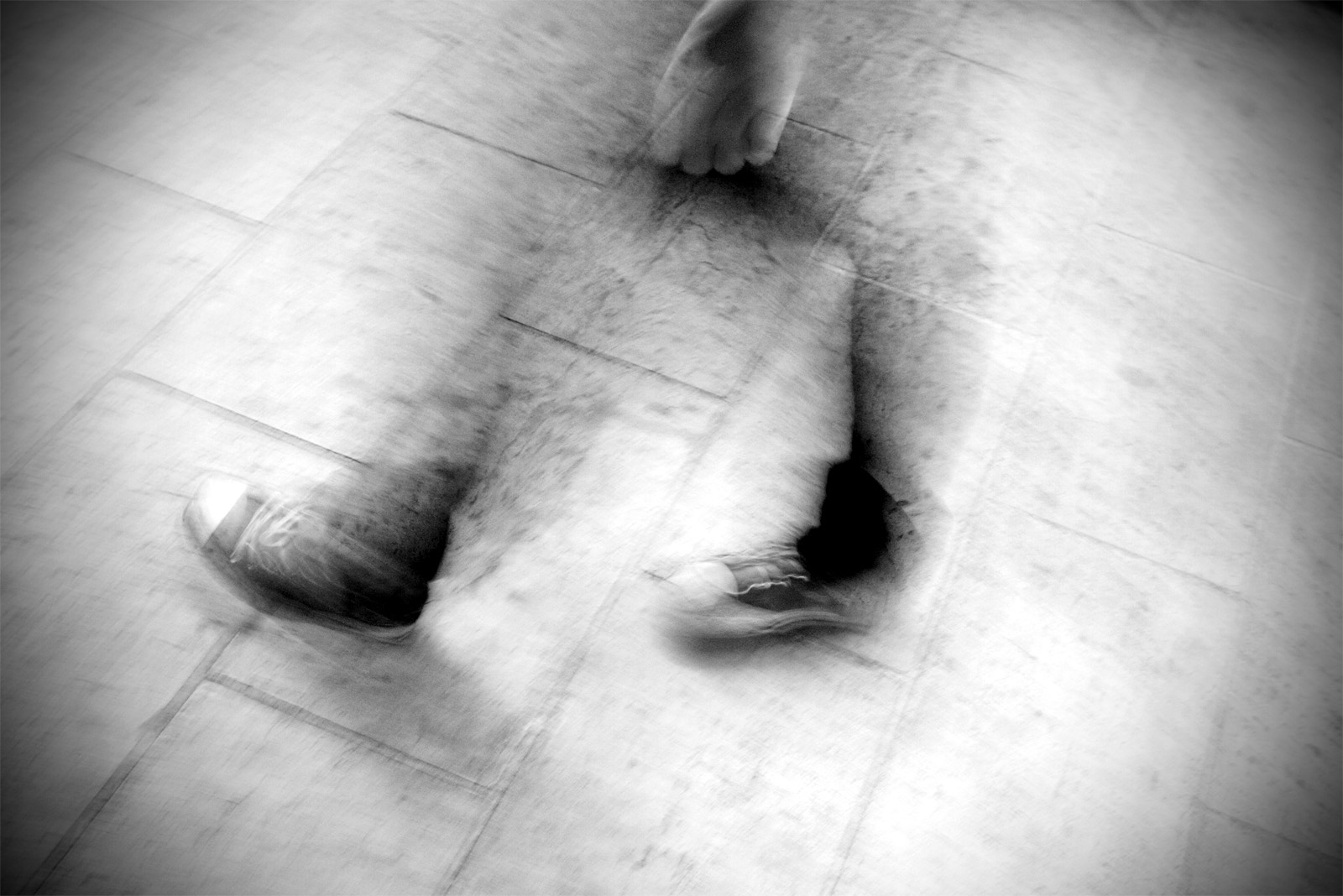Campaigners are calling for non-fatal strangulation to be a freestanding offence as the Domestic Abuse Bill was debated in the House of Lords this week. The former victims’ commissioner Baroness Newlove, backed by the current victims’ commissioner Dame Vera Baird QC, argued that the police needed a tool to tackle ‘the magnitude of the threat’ as it was ‘currently…often ignored’.
According to the 2018 Femicide census almost one third of female homicides (29%) were by strangulation or asphyxiation. In legislation, the Offences Against the Person Act 1861 accounts for assaults according to the severity of injury in three categories. Nogar Ofer, solicitor at the Centre for Women’s Justice, described how the current legislation was inadequate and that strangulation does not fit such categories because ‘the visible injury is very low or non-existent’ as ‘past loss of consciousness or future neurological problems are not visible’.
Ofer argued that the unique features of strangulation had been ‘recognised across the English-speaking world’ in jurisdictions such as New Zealand. The New Zealand Law Commission’s report highlighted that there was ‘a problem charging the many instances of strangulation’ as the current framework did ‘not cater well for this type of behaviour’. In the first year of the new offence, they prosecuted 1,484 cases which, Ofer reckoned, scaled up to the UK’s population would amount to 20,000 cases.
In a research briefing by the campaign group ‘We can’t consent to this it is argued that strangulation is under prosecuted as it is charged as the summary offence of common assault instead of the more appropriate offence of actual bodily harm. According to the Centre for Women’s Justice, a freestanding offence would ‘require police to treat such cases with the gravity they deserve’ and ‘draw the attention of prosecutors to the seriousness of this form of offending’ (here).
The National Domestic Violence Helpline number is 0808 2000 247.







